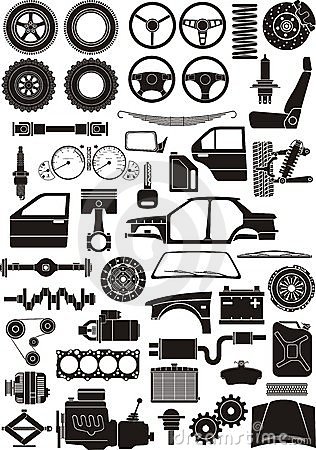I have mentioned before that philosophy tends to go in stages. "How is change possible?" was the question for the pre Socratics. Faith and Reason was the Middle Ages. Mind -Body problem was the modern issue. This last one came to its peak with Kant and Hegel, and then everything after that is picking up the pieces.
So what is the next issue is overdue. Who knows what it will be? But I would like to suggest that these issues all came up because of some need or dire emergency. I do not however know how the problem with change came to deal with an issue then during the time of Paramenides. But the faith reason thing seems clear.
So what ever is the next issue is probably already is a gestation and slowly coming to the surface.
[The Mind Body problem that began being raised in Descartes had connection with the older question how do we know stuff being raised by Socrates.]
I would like to suggest that the major issue today is in wrong attitudes. Or what you could call evil thoughts. And the solution is trust in God. That is to say that everyone on any side of the political spectrum is aware of the problem of evil thinking. At least that is how he or she understands what is wrong with the other side of the political issues. But the connection of this to trust in God is something that almost no one is aware of. But it is a cause and effect. Trust in God brings one to good thoughts and healthy and strong attitudes. So how does one come to trust. I suggest the path of Musar of Rav Israel Salanter, i.e., to learn books of ethics right away when one gets up in the morning. Especially concerning trust in God.
[Musar means the medieval books of Ethics. However the disciples of Rav Israel Salanter also wrote books of Musar. But those books are not the foundation in the same way that the medieval books are. Still I tried myself to get through this.]
[You can see the problem of evil thoughts also in the triple billion dollar industry of shrinks. It is known that the whole thing is bogus, but why is it that people still spend in teh USA trillions of dollars on it. Because of evil thoughts. So the problem is clear to people. The solution is not. Unless you learn to trust in God. That was an important insight of Navardok [i.e. that branch of Musar].
But trust in God used to be thought to mere sitting and learning and not worrying about making a living. My way of thinking is that one can learn Physics with the same intention.
So what is the next issue is overdue. Who knows what it will be? But I would like to suggest that these issues all came up because of some need or dire emergency. I do not however know how the problem with change came to deal with an issue then during the time of Paramenides. But the faith reason thing seems clear.
So what ever is the next issue is probably already is a gestation and slowly coming to the surface.
[The Mind Body problem that began being raised in Descartes had connection with the older question how do we know stuff being raised by Socrates.]
I would like to suggest that the major issue today is in wrong attitudes. Or what you could call evil thoughts. And the solution is trust in God. That is to say that everyone on any side of the political spectrum is aware of the problem of evil thinking. At least that is how he or she understands what is wrong with the other side of the political issues. But the connection of this to trust in God is something that almost no one is aware of. But it is a cause and effect. Trust in God brings one to good thoughts and healthy and strong attitudes. So how does one come to trust. I suggest the path of Musar of Rav Israel Salanter, i.e., to learn books of ethics right away when one gets up in the morning. Especially concerning trust in God.
[Musar means the medieval books of Ethics. However the disciples of Rav Israel Salanter also wrote books of Musar. But those books are not the foundation in the same way that the medieval books are. Still I tried myself to get through this.]
[You can see the problem of evil thoughts also in the triple billion dollar industry of shrinks. It is known that the whole thing is bogus, but why is it that people still spend in teh USA trillions of dollars on it. Because of evil thoughts. So the problem is clear to people. The solution is not. Unless you learn to trust in God. That was an important insight of Navardok [i.e. that branch of Musar].
But trust in God used to be thought to mere sitting and learning and not worrying about making a living. My way of thinking is that one can learn Physics with the same intention.


